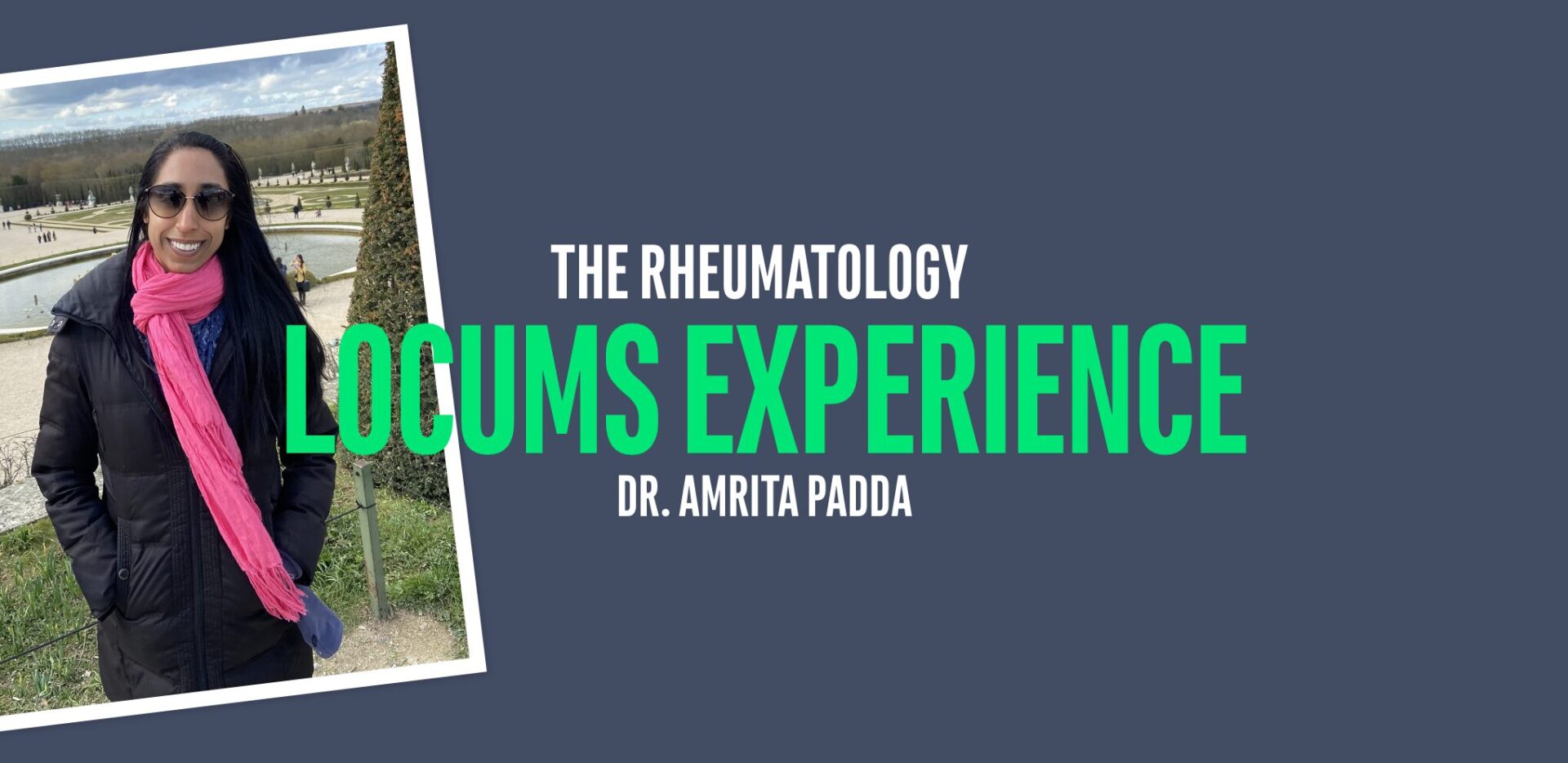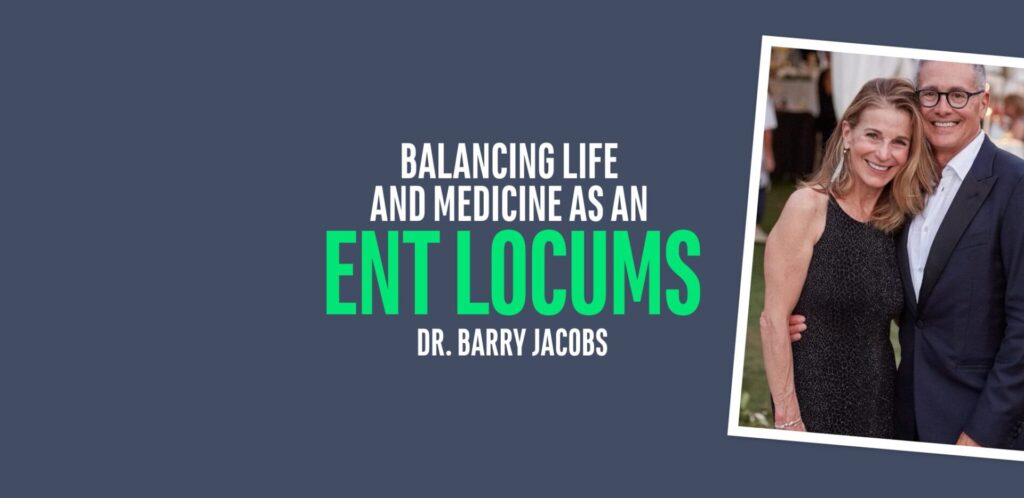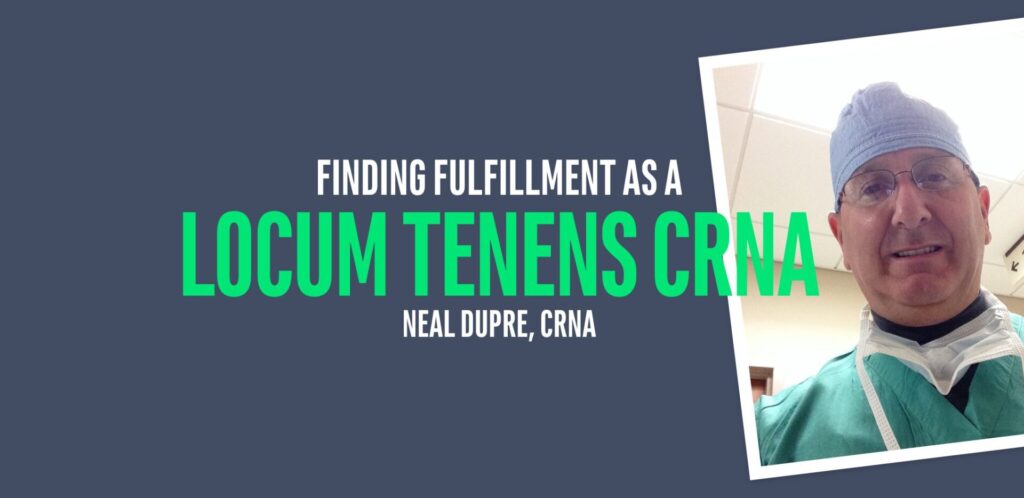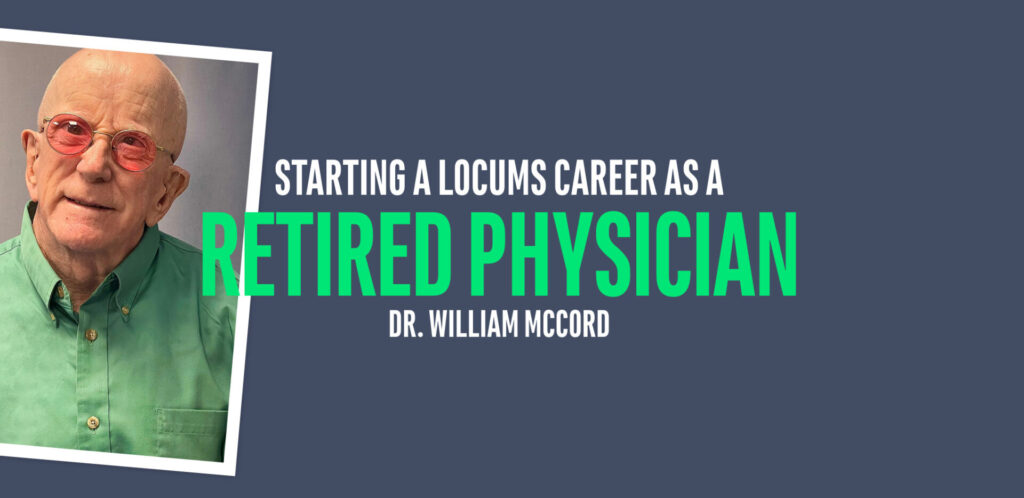Locum tenens has so many benefits, especially for doctors who are early in their careers and want to gain clinical experience.
Rheumatology locum physician Dr. Amrita Padda is a great example. After she graduated from fellowship, her job search was limited by the fact that her family wasn’t in a position to move. Locum tenens gave her a way of taking the rheumatology jobs she wanted without negatively impacting her family. But what started as a career choice made out of necessity, turned out to be invaluable for growing her clinical experience.
Here’s what she had to say:
What drew you to rheumatology?
In the medical field, autoimmune disorders are this gray area that a lot of other specialists don’t understand. So that was what drew me into it, because it’s such a fascinating field.
But one of the main reasons I did rheumatology is because I wanted to take care of patients long-term in a clinic setting, vs. meeting a patient in the hospital for a couple of days, and then they’re discharged and you never see them again.
That’s why I like rheumatology. Even though I’m only doing one or two years with each locum assignment, I get to see each patient four or five times within that one-year period and monitor their progress.
As a rheumatologist, we treat autoimmune disorders. Some of those are common autoimmune disorders such as rheumatoid arthritis or psoriatic arthritis, but we also treat a lot of rare autoimmune disorders, so the doctors who work with us are often really appreciative to have us helping with their patients.
What led you to your decision to practice locum tenens, and how do you think that transition has impacted your career?
I decided to do a locums contract instead of a W2 employee contract because my husband is not in a position to move, so being able to do locums allowed me to take the jobs I wanted without impacting my husband.
But another part of the reason I went into locums is because I’m a young doctor––I graduated from my residency in 2016, so I’ve been practicing for about six years––and I wanted to put myself in situations to keep learning and keep evolving before I settled down at one place.
I really like that I’ve been able to work at three different places since I graduated. My ultimate goal is to go into private practice, so for me, locums has been a great influence in my rheumatology career. I’ve gotten to see 1000’s of patients (literally!) in different settings. I’ve also gotten to learn from so many different people and see how different hospitals run their clinics. I’ve learned so much through this experience that will help me with my goal of going into private practice.
Everyone’s different, but at least for me, I really feel like locum tenens has helped continue to push me to get better.
Tell us more about your experience as a rheumatology locums. What kinds of settings have you worked in?
I have worked in two different settings as a locums rheumatologist. My first locum position lasted for two years. I lived about a three-hour drive away, so I would go down on Sundays and then do my 40 hours of clinic Monday through Thursday.
It was a very small clinic, but I was lucky to get paired with a phenomenal nurse. It was mostly just me and her basically running that entire clinic. We had a wonderful working relationship, and I really liked the hospital system a lot, too. I met so many doctors, social workers, nurses, and everyone was extremely welcoming and very appreciative.
That was my first locum tenens experience, and it was amazing. They actually asked me to stay on, but I wasn’t in the position to be able to move. Of course, all the hospital systems want to find someone to be there long term. Locums isn’t forever, because eventually the hospital will find a provider. But as a locums doctor, we fulfill that role to the community to help continue rheumatologic care until the hospital is able to provide a more full time employee.
I’m now on my second locums assignment, and while it’s a longer commute––I fly to work on Sundays and fly back Thursdays––I feel so lucky because I really love it. Instead of working with just one person, I work with a group of people: there are two rheumatologists who are faculty, and two other local doctors who rotate there who I get to interact with. And then there’s a nurse practitioner and physician assistant, who are also wonderful to work with, and scribes who help with our documentation.
So it’s a totally different setup. But that’s the nice thing about working in different hospital systems: you learn so much. You’re meeting all these different patients and different doctors and nurses and also seeing how the different hospital systems are running their clinics.
I’m always learning from every patient I see. But it’s also great for patient care to learn from different facilities about the best way to run a clinic. I’m a very organized and detailed person, so I like to see how other people do things.
It’s always important to evolve. No matter what field you’re in, it’s always important to keep trying to get better at what you do. And that’s a big part of why I like locums: because I get to continue to improve every day, every week, with every job.
What do you think the impact of locum tenens is on patients?
Locum tenens is very important to patient care, because if hospitals did not bring in locum doctors to these hospital systems, they would actually have to start shutting down clinics, or turning away multiple patients.
With locums, patients at these hospitals can continue to be under the care of a rheumatologist if, say, their main doctor leaves for another job. Instead of the hospital saying hey sorry, you have to find yourself another rheumatologist, they’re able to get other doctors to fill in and continue that patient’s care.
What was your experience like working with Hayes Locums?
Not only did I have a good experience with the hospital system, I also had a really good experience with Hayes Locums. They helped me with all of my travel, from getting my rental car set up, to getting my hotels and flights booked. Hayes Locums is a very organized and detail-oriented agency to work with. I’m a very organized person, so I appreciate that they are as well.
I’ve been lucky enough to have a consultant, Jessica, who is always available to listen, and who understands how I want to practice medicine. I treat all my patients like they’re my family members, so it’s important to me to work with a consultant that will understand how I like to provide patient care, and therefore, how I would like my schedule to be, how often I want to see patients for follow up, and things like that.
You really need a consultant who’s willing to listen and understand your goals, and hear your concerns in regard to how you want to work. And I’ve been very lucky to have gotten paired with the right people.
*This interview has been edited for clarity and length.



